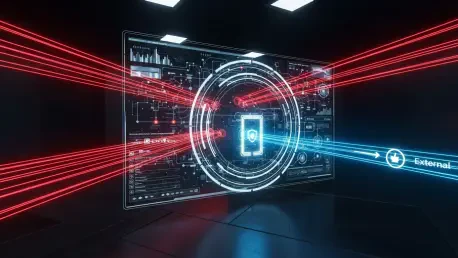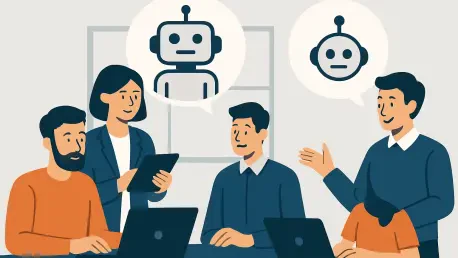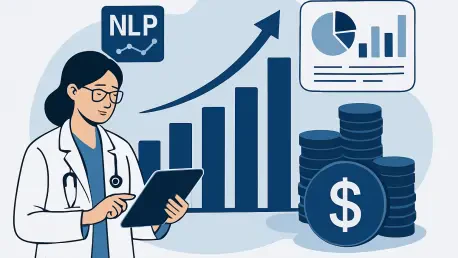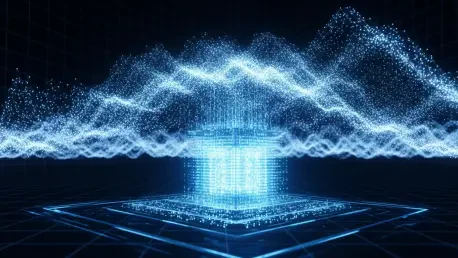
The global technology sector is witnessing an unprecedented torrent of capital, with trillions earmarked for artificial intelligence infrastructure, yet a chorus of top executives and analysts is now questioning if even this monumental sum will be sufficient to quench the industry's thirst for

The rapid integration of artificial intelligence into software development has created a powerful yet perilous paradox, where the same tools that accelerate innovation can also unknowingly open critical backdoors to an organization's most sensitive data. As large language models (LLMs) and

The personal computer, long a symbol of individual empowerment and digital autonomy, is undergoing a profound and deliberate transformation that redefines the very concept of ownership. A strategic shift, orchestrated by major technology vendors, is systematically moving users away from a model of

The chasm between operational preparedness and vulnerability in the face of global disruption has never been starker, with research revealing that while 98% of organizations with mature AI feel equipped for the next crisis, a staggering 0% of those without AI plans feel the same. This dramatic

The immense volume of text-based information generated within healthcare systems, from detailed physician notes to complex radiology reports, has long represented a treasure trove of clinical insight locked away in an unstructured format. This data, critical for everything from patient diagnosis to

In a move that sends significant ripples through the artificial intelligence sector, AI startup Perplexity has entered into a monumental three-year, $750 million cloud agreement with Microsoft, marking one of the largest financial commitments of its kind for an emerging AI company this year. This